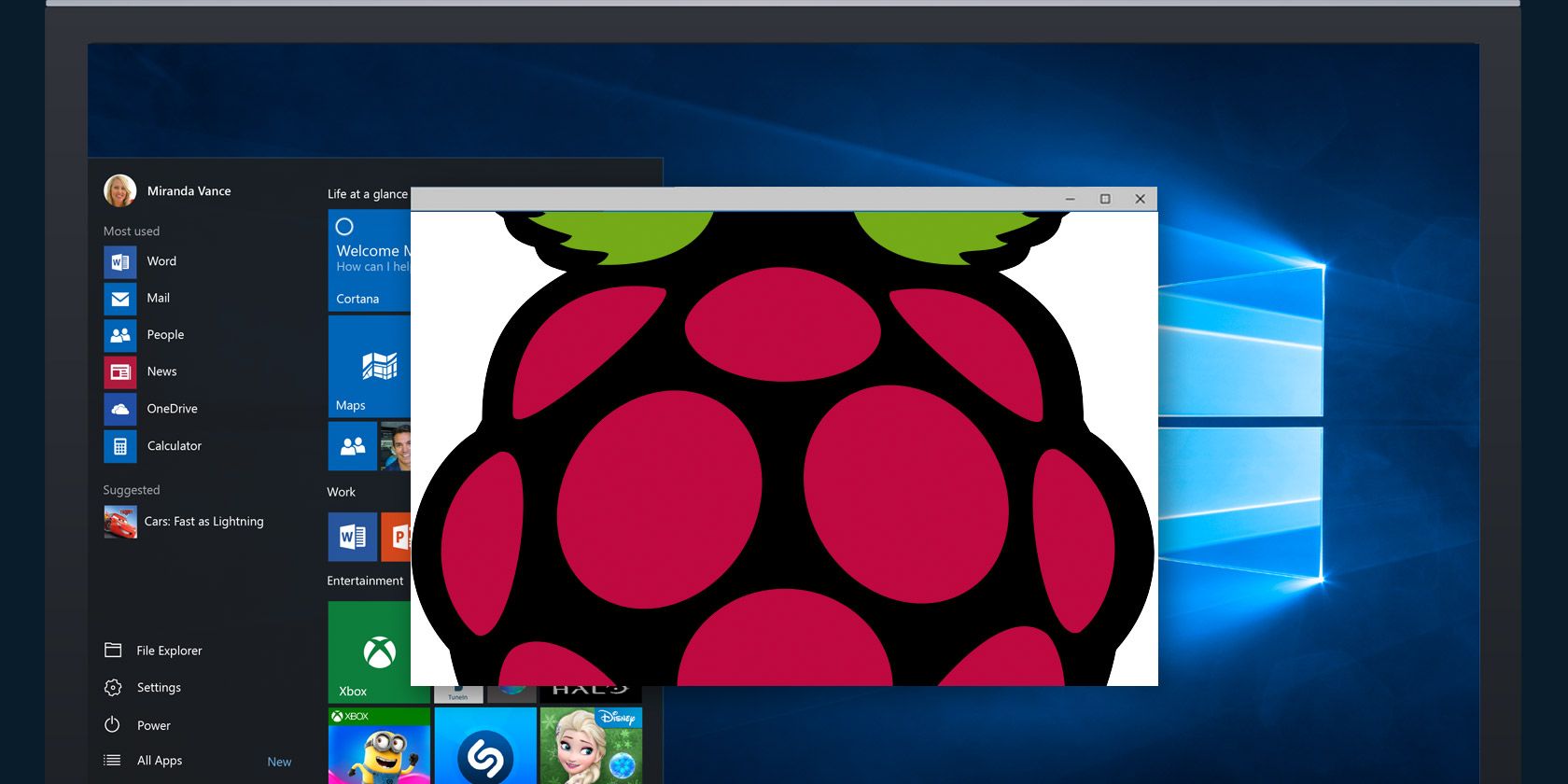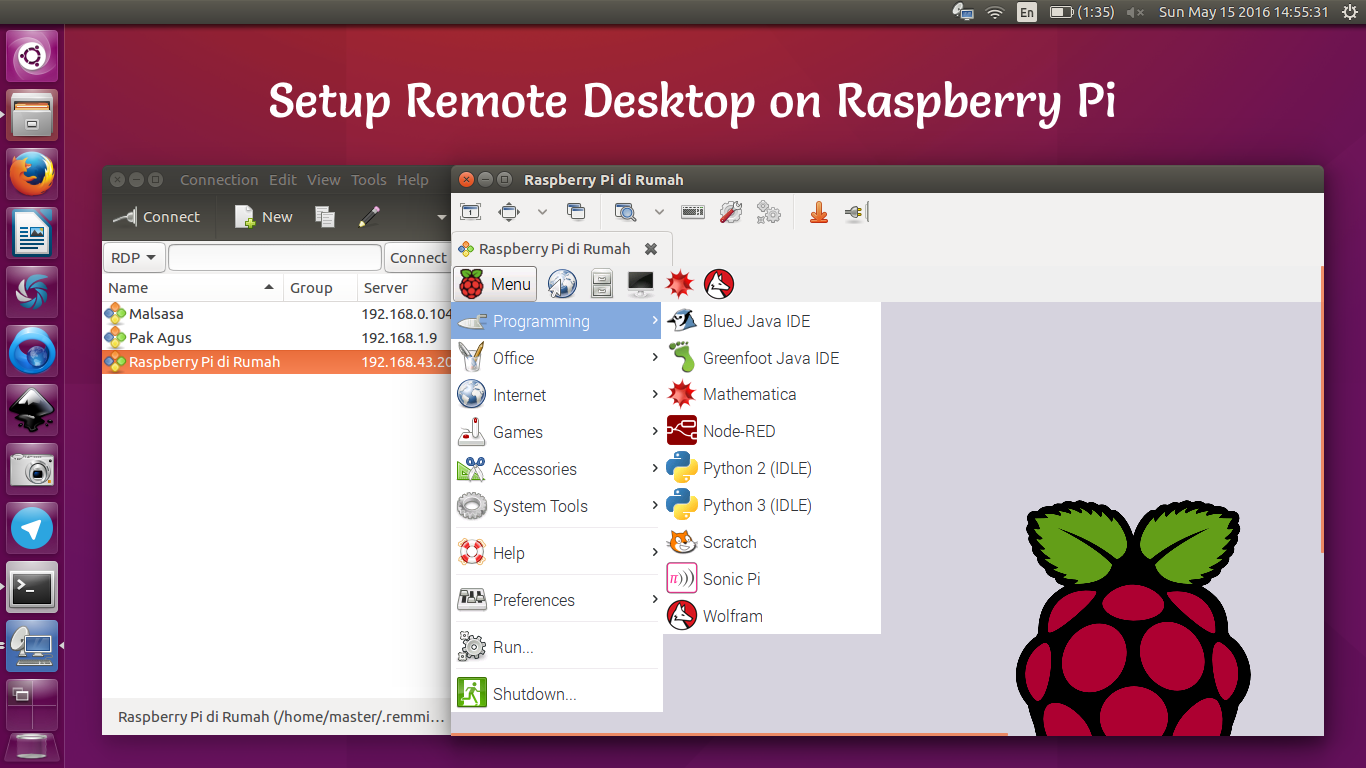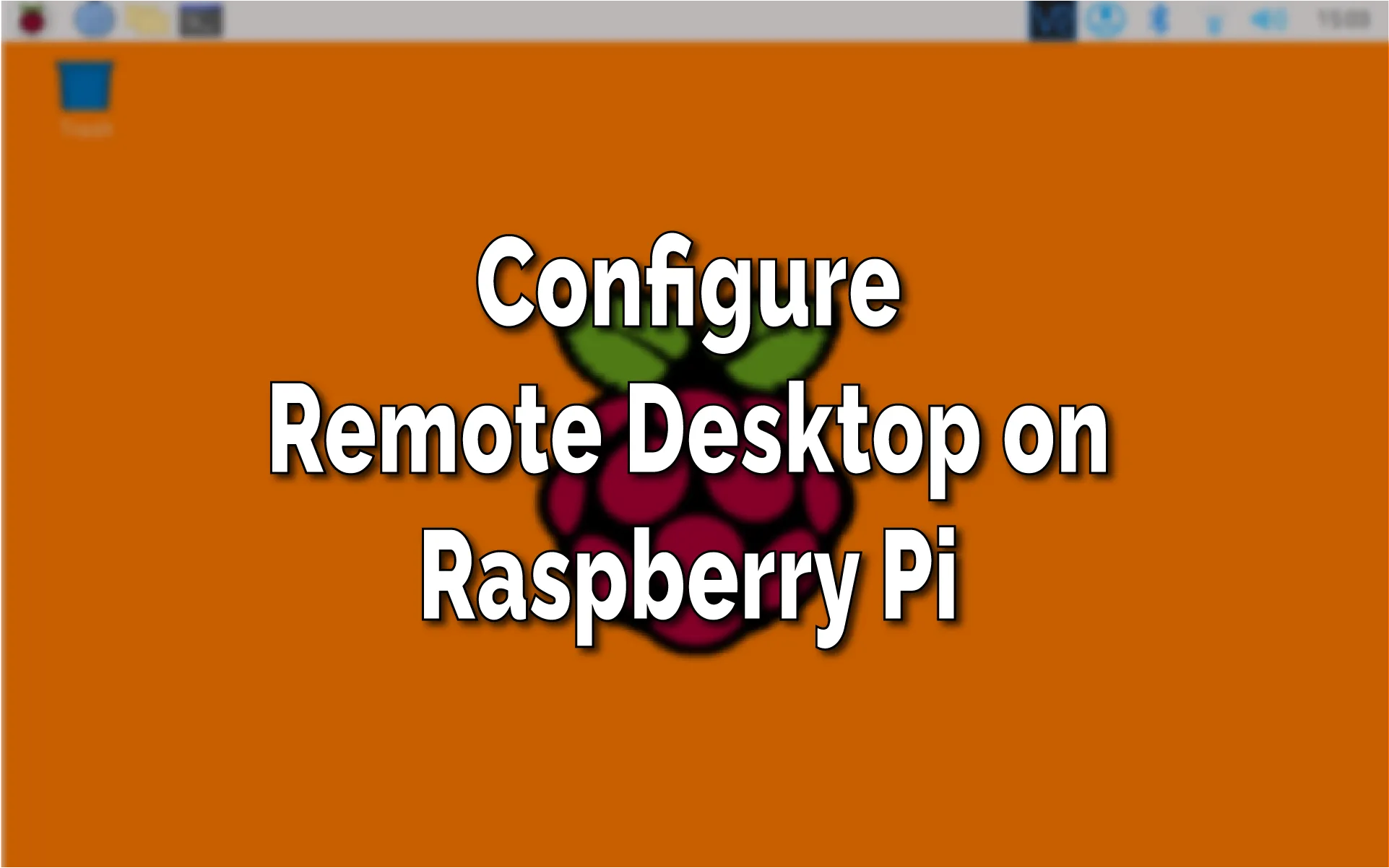The little Raspberry Pi, a computer truly for everyone, is changing how we think about digital tools. From big businesses and smaller companies, to the person tinkering at their kitchen table, and even the young coder in a classroom, Raspberry Pi Holdings PLC helps make computing something anyone can do and afford. This small device, so you know, offers a surprising amount of usefulness, especially when you consider how it fits into the idea of a virtual private cloud, or VPC, from a distance.
It's pretty amazing how this tiny computer, which you can get started with for free, actually lets you build some quite powerful programs and create exciting physical computing projects. We're talking about a device that's not just for learning; it's a very real tool for all sorts of practical setups, including, apparently, reaching out to your own private cloud space from afar. This kind of setup, you see, offers a different way to think about how your small devices can talk to bigger networks, kind of like having a little outpost for your main operations.
The Raspberry Pi Foundation, a charity, works to help young people really reach their full abilities through the possibilities of computing and digital methods. This mission, in a way, shows why the Pi is so good for remote uses: it's about giving access and control to computing resources, wherever you happen to be. Learning about how something like a raspberry pi remote vpc works, or even just how to get your Pi connected to different networks, can really open up new ideas for how you use computers, both for fun and for more serious projects, honestly.
Table of Contents
- What is a Raspberry Pi, Really?
- Understanding the VPC: A Private Space in the Cloud
- Why Bring a Raspberry Pi into Your Remote VPC Setup?
- How Your Raspberry Pi Can Connect to a Remote VPC
- Things to Think About for Your Remote Pi VPC
- Common Questions About Raspberry Pi Remote VPC
- Final Thoughts on Your Pi and the Cloud
What is a Raspberry Pi, Really?
So, what exactly is a Raspberry Pi? Well, it's a tiny, rather affordable computer, about the size of a credit card, that you can use to learn programming through fun, practical projects. It's a device that has found its way from big industries to the simple kitchen table tinkerer, making computing accessible and affordable for everybody. It's pretty amazing, actually, how much it can do, considering its small size and modest cost. This little machine, you know, doesn't come with its own storage built-in, so you have to provide that, typically with a micro SD card where you put the operating system.
The Raspberry Pi OS, which is what most people use, supports over 35,000 Debian packages, which means you can install a huge variety of software on it. This makes it incredibly flexible for all sorts of uses, from running a simple web server to managing complex physical computing projects. Our team of expert educators, you see, helps people write powerful programs and build exciting things with it. It's a very popular choice for anyone looking to get hands-on with computing, especially for learning coding for kids, teenagers, and young adults.
Understanding the VPC: A Private Space in the Cloud
Now, let's talk a bit about what a VPC is. A Virtual Private Cloud, or VPC, is essentially a way to have your own private, isolated section within a public cloud environment. Think of it like this: the public cloud is a very large apartment building, and a VPC is your own private apartment within that building. You get to set up your own walls, choose your own furniture, and decide who gets to come in. This means you have a lot of control over your network settings, like IP addresses, subnets, and network gateways. It's really about having a secure, private space for your digital work, even though it's technically sharing the same big infrastructure with many others.
This private space is incredibly useful for businesses and individuals who need to keep their data and applications separate and secure. You can run servers, databases, and various applications inside your VPC, knowing that they are logically isolated from other users of the public cloud. It provides a level of network control that feels like you're running your own data center, but without all the physical hardware to manage. So, in a way, it gives you the best of both worlds: the scalability of the cloud with the privacy of your own network.
Why Bring a Raspberry Pi into Your Remote VPC Setup?
This is where the idea of a raspberry pi remote vpc gets really interesting. Why would you want to connect a tiny computer like the Raspberry Pi to your big, private cloud space? Well, there are several compelling reasons, especially if you're looking for clever and efficient ways to extend your digital reach. It's not just about what the Pi can do on its own, but how it can act as a bridge or an endpoint for your cloud operations, you know.
Cost Savings: A Very Big Plus
One of the most obvious benefits of using a Raspberry Pi for remote VPC tasks is the cost. Raspberry Pi computers are, as a matter of fact, incredibly affordable to buy upfront. Compared to the ongoing costs of running a dedicated virtual machine in the cloud for certain tasks, a Pi can save you a lot of money over time. For tasks that don't need a lot of processing power or constant uptime from a large server, using a Pi as a remote client or a small server within your VPC can be a very smart financial choice. This is especially true for things like monitoring, data collection at the edge, or running small, specific applications that don't need huge resources.
Low Energy Use for Always-On Tasks
Another big advantage is the Raspberry Pi's incredibly low energy consumption. These little computers are designed to be efficient, using just a few watts of power, even when running continuously. If you need a device that stays connected to your VPC around the clock, perhaps to collect data from sensors or to act as a secure gateway, the Pi's minimal power draw makes it a very appealing option. This can lead to significant savings on your electricity bill, especially for setups that need to run for extended periods. It's pretty cool, honestly, how little energy it needs to do its job.
Flexibility and Control Over Your Tiny Server
The Raspberry Pi gives you a lot of freedom. Since you're running a full Linux-based operating system on it, like Raspberry Pi OS, you have complete control over the software you install and how it behaves. This means you can customize it exactly to fit your needs for connecting to your VPC, whether that's running a specific VPN client, a custom script for data transfer, or a monitoring agent. The ability to install over 35,000 Debian packages means you're rarely limited by what the hardware can do. You can boot your Raspberry Pi from an operating system image installed on any supported media, which just adds to that flexibility, you know.
A Great Learning Spot
For anyone interested in learning more about cloud computing, networking, or even just Linux, using a Raspberry Pi to connect to a VPC is an excellent hands-on learning experience. The Raspberry Pi Foundation provides access to online coding resources and challenges that are free for everyone anywhere, which really helps with this. You get to see how a real-world network setup works, how to configure secure connections, and how to manage a remote device. It's a very practical way to get some valuable skills, especially if you're looking to understand how devices at the "edge" interact with cloud infrastructure. It's kind of like having your own little lab, at the end of the day.
How Your Raspberry Pi Can Connect to a Remote VPC
So, how do you actually get your Raspberry Pi talking to a remote VPC? It involves a few steps, but nothing too complicated, especially if you're already a bit familiar with the Pi. The process basically comes down to preparing your Pi, setting up the right network connection, and then deciding what you want it to do once it's linked up. It's a pretty straightforward path, actually, and many people find it quite rewarding to set up their own little remote outpost.
Getting Your Pi Ready: The Operating System
First things first, you'll need to make sure your Raspberry Pi has an operating system installed. We recommend Raspberry Pi OS for this, as it's designed specifically for the Pi and offers great support for all sorts of networking tools. Since Raspberry Pi models lack onboard storage, you have to supply it, typically with a micro SD card. You'll download the OS image and write it to the card. After a lot of work updating packages and testing, we are now at a point where the packages in our public Trixie repo can be used to update a Bookworm image to Trixie, and are, so you know the software is current and well-maintained. This step is pretty much like installing Windows or macOS on a regular computer, just on a smaller scale.
Setting Up the Network Link
Once your Pi is running, the next step is to establish a secure connection to your VPC. This usually involves setting up a Virtual Private Network (VPN) client on your Raspberry Pi. Most cloud providers offer ways to connect to their VPCs via VPN, and the Raspberry Pi, with its Linux operating system, can run various VPN clients like OpenVPN or WireGuard. You'll configure the VPN client on your Pi with the details provided by your cloud provider, which creates a secure tunnel directly into your private cloud space. This tunnel makes your Pi appear as if it's right inside your VPC, even if it's physically miles away. It's a very clever way to extend your network, honestly.
What You Can Do with This Setup
With your Raspberry Pi connected to your remote VPC, the possibilities really open up. You could use it as a low-cost monitoring agent, collecting data from your home or office and sending it securely to a database in your VPC. It can act as a small, always-on server for specific tasks, like running a tiny web application or a local file share that's accessible from your cloud environment. For those interested in IoT, the Pi can serve as an edge device, processing data locally before sending only relevant information to your cloud. It's also a fantastic platform for learning, letting you experiment with cloud services and network configurations in a very real, hands-on way. You can create games, animations, and more with code, even when thinking about these kinds of network projects, so it's quite versatile.
Things to Think About for Your Remote Pi VPC
While connecting your Raspberry Pi to a remote VPC is a pretty cool idea, there are a couple of important things to keep in mind to make sure everything runs smoothly and securely. It's like any computer setup, really; a little bit of planning goes a long way. These considerations are pretty standard for any kind of remote computing, but they're especially important when you're working with a small, accessible device like the Pi. So, you know, just a few points to consider.
Keeping Things Safe and Sound
Security is, arguably, the most important thing when you're connecting any device to a network, especially a private cloud. Make sure your Raspberry Pi's operating system and all its software are kept up to date. This includes regularly running updates for Raspberry Pi OS, which supports over 35,000 Debian packages, so there's a lot to keep current. Use strong, unique passwords, and consider setting up SSH key-based authentication instead of just passwords for remote access. Also, configure your VPN client correctly to ensure all traffic to and from your VPC is properly encrypted. It's really about being smart with your digital security practices, just like you would with any other computer, obviously.
Making Sure Your Internet is Up to Speed
Your Raspberry Pi's connection to the internet at its physical location will have a big impact on how well it communicates with your remote VPC. A stable and reasonably fast internet connection is pretty essential for reliable operation. If your Pi is in a spot with shaky Wi-Fi or very slow speeds, you might experience delays or connection drops, which could affect whatever tasks it's performing. Consider using a wired Ethernet connection if possible, as it's generally more stable than Wi-Fi. This ensures that your little computer can send and receive data from your cloud space without too much trouble, which is pretty important, at the end of the day.
Common Questions About Raspberry Pi Remote VPC
People often have questions when they start thinking about connecting a Raspberry Pi to a remote VPC. Here are a few common ones that might pop up, kind of like the things people often ask about.
Can a Raspberry Pi connect to a VPC?
Yes, absolutely. A Raspberry Pi can connect to a VPC. It runs a full operating system, usually Raspberry Pi OS, which is based on Linux. This means it can run various VPN client software, like OpenVPN or WireGuard, to establish a secure, encrypted connection directly into your Virtual Private Cloud. It acts just like any other computer that needs to join a private network, just in a very small and efficient package, you know.
What are the benefits of using a Raspberry Pi for remote access?
The benefits are pretty significant, honestly. First, there's the cost; Raspberry Pis are very affordable. Then there's the incredibly low energy use, making them perfect for devices that need to stay on all the time without racking up a huge electricity bill. They also offer a lot of flexibility because you have complete control over the software you install, and they are excellent tools for learning about networking and cloud computing in a hands-on way. It's a smart choice for many situations where you need a small, reliable endpoint.
How do I set up a Raspberry Pi as a remote server?
Setting up a Raspberry Pi as a remote server, especially for a VPC, involves a few key steps. You'll need to install an operating system, like Raspberry Pi OS, onto a micro SD card. Then, you'll configure network settings, often including setting up a VPN client to securely connect to your VPC. After that, you can install whatever server software you need, such as a web server, a file server, or a monitoring tool. Remote access is usually done via SSH, allowing you to control the Pi from anywhere with an internet connection. It's a process that teaches you a lot about how computers communicate, actually.
Final Thoughts on Your Pi and the Cloud
The idea of a raspberry pi remote vpc setup is a really cool example of how flexible and powerful these little computers truly are. From industries large and small, to the kitchen table tinkerer, to the classroom coder, Raspberry Pi Holdings PLC make computing accessible and affordable for everybody. It shows how a small, affordable device can play a very big part in more complex computing environments, extending your private cloud space to wherever you need a physical presence. This approach is not just about saving money or energy; it's about giving you more options and more control over your digital projects.
Whether you're looking to create a low-cost home lab, set up a remote monitoring station, or simply learn more about how cloud networks operate, the Raspberry Pi offers a fantastic platform. The Raspberry Pi Foundation, a UK registered charity 1129409, provides free resources to teach, learn, and make with Raspberry Pi, a tiny and affordable computer, so there's plenty of support. It's a testament to the Pi's design that it can handle such diverse roles, from teaching kids to code to acting as a vital link in a sophisticated cloud architecture. It's pretty inspiring, honestly, what you can achieve with one of these little machines.



Detail Author:
- Name : Harry Bruen MD
- Username : ankunding.mylene
- Email : myles.turcotte@cronin.net
- Birthdate : 1977-05-15
- Address : 56340 Hilpert Mission Suite 092 Nitzschemouth, MO 70235-6380
- Phone : +1.283.651.1624
- Company : Doyle-Casper
- Job : Coating Machine Operator
- Bio : Non quos placeat ipsum dolorem exercitationem provident. Delectus enim aut aut porro qui accusantium est ex. Et quo amet numquam neque fuga facere sunt. Sit necessitatibus non inventore doloribus.
Socials
tiktok:
- url : https://tiktok.com/@sterling.walker
- username : sterling.walker
- bio : Iusto cum in non quisquam. Provident excepturi dolorem consequatur.
- followers : 1319
- following : 1899
facebook:
- url : https://facebook.com/sterling5077
- username : sterling5077
- bio : Culpa hic aliquam id consequuntur. Aut illo quasi recusandae vel quia est qui.
- followers : 6802
- following : 1516
twitter:
- url : https://twitter.com/sterlingwalker
- username : sterlingwalker
- bio : Optio corporis placeat consectetur labore non laudantium aut. Sed expedita tempora minus ad omnis. Deleniti est vel excepturi autem enim voluptatem eos.
- followers : 4371
- following : 753